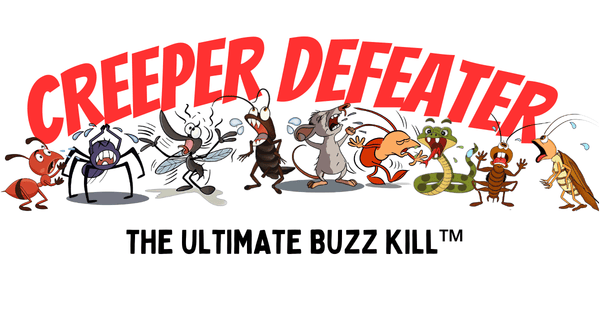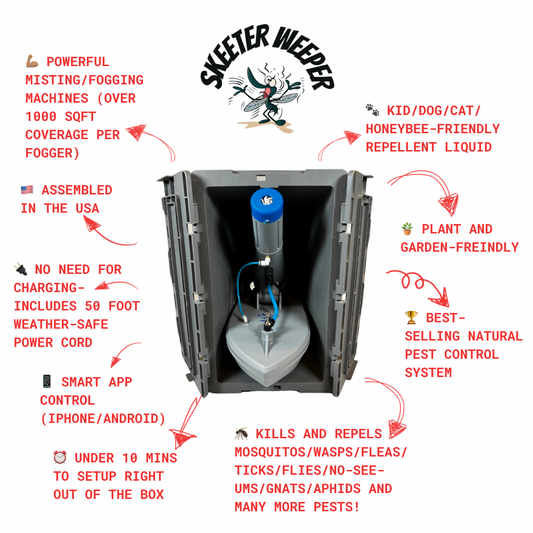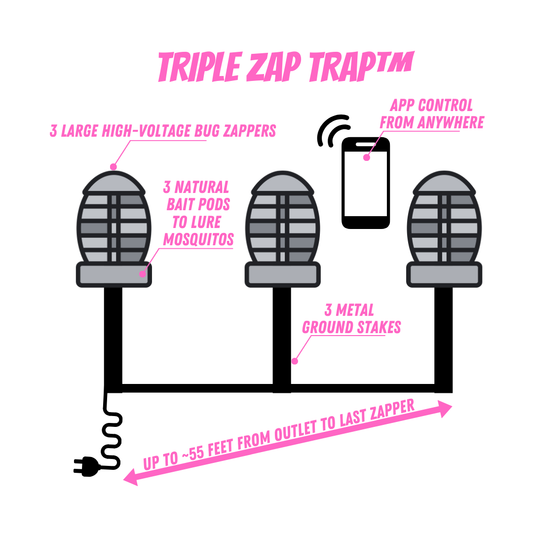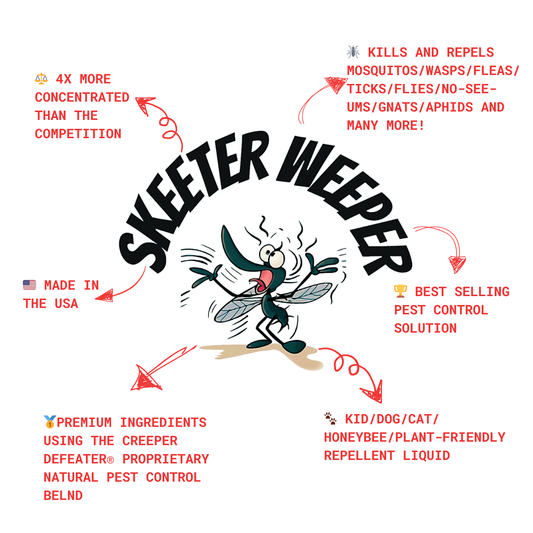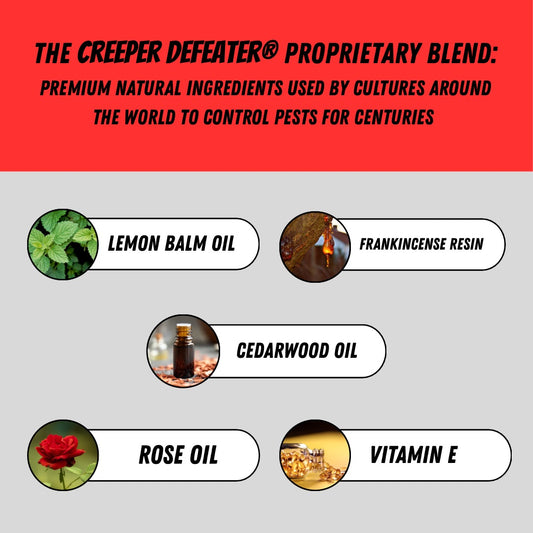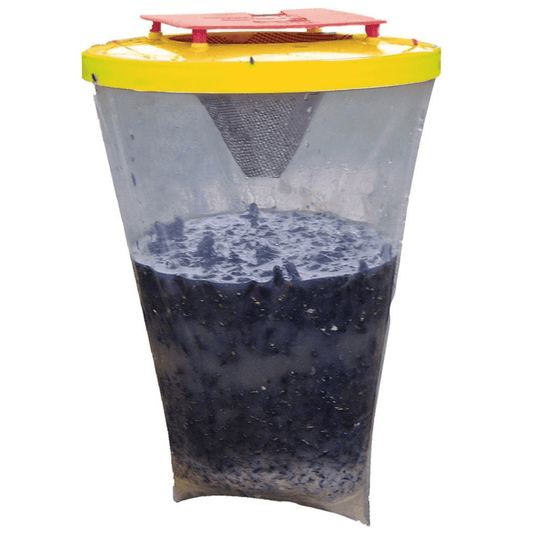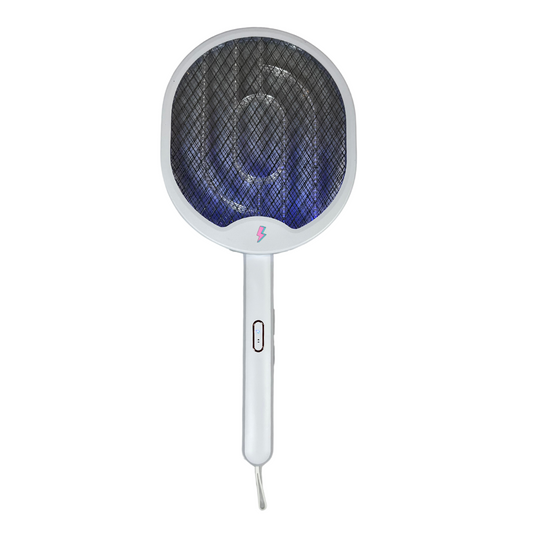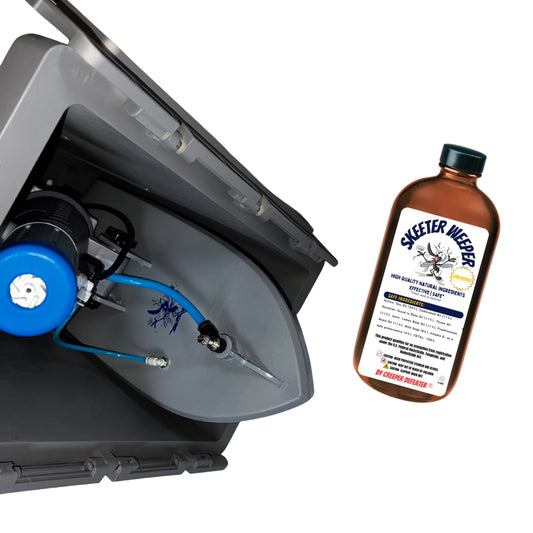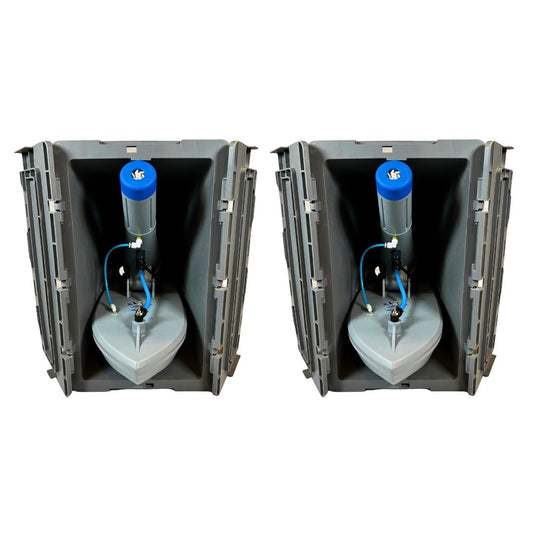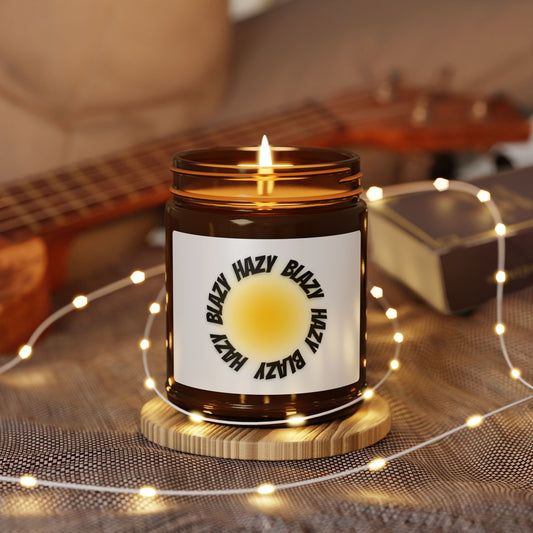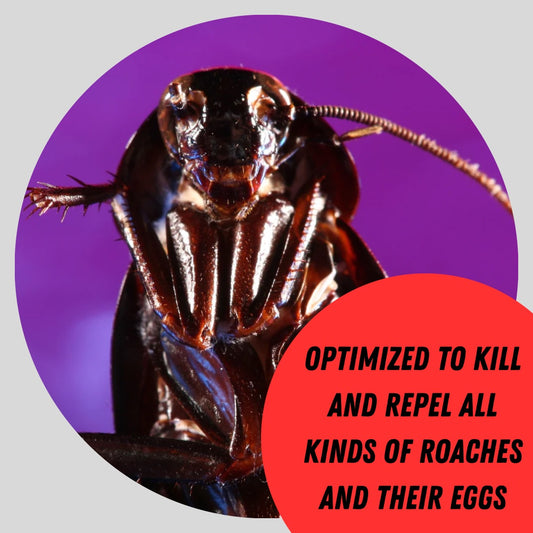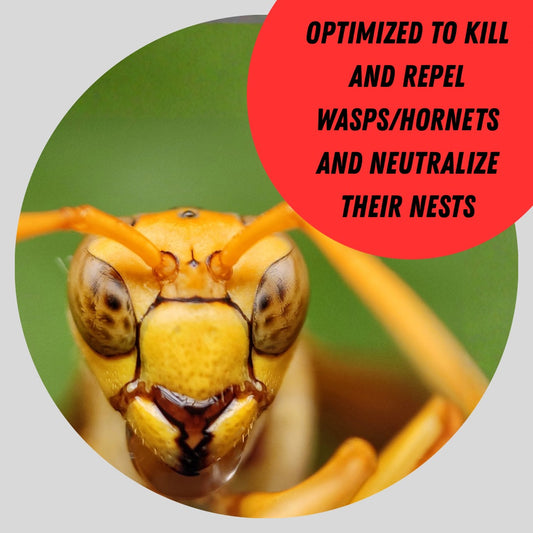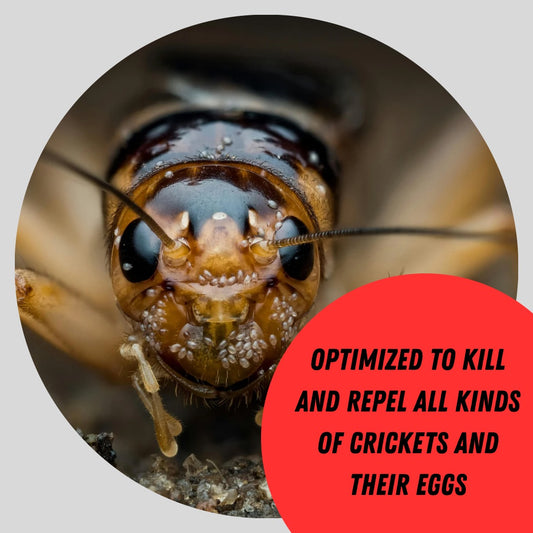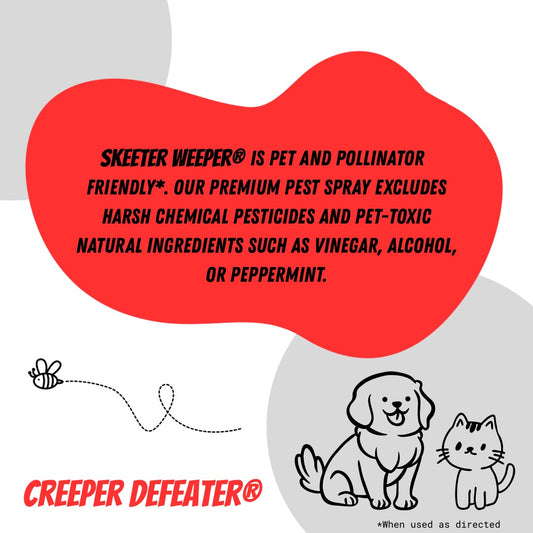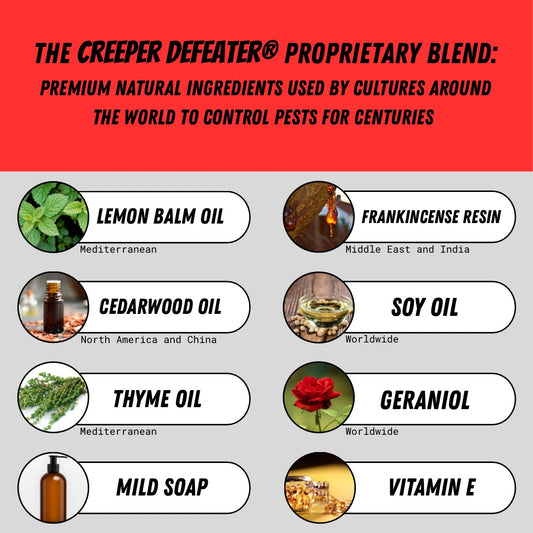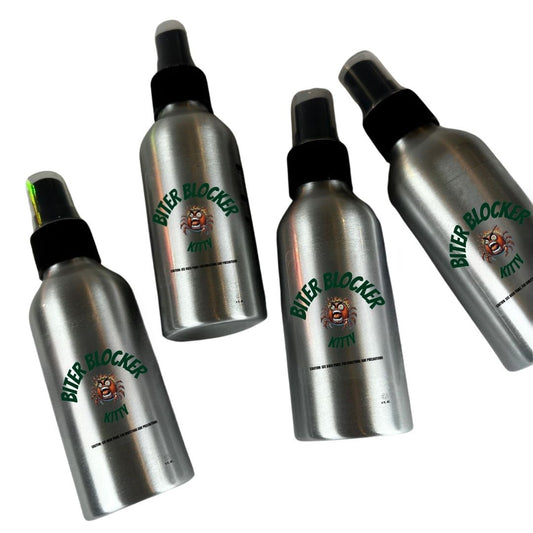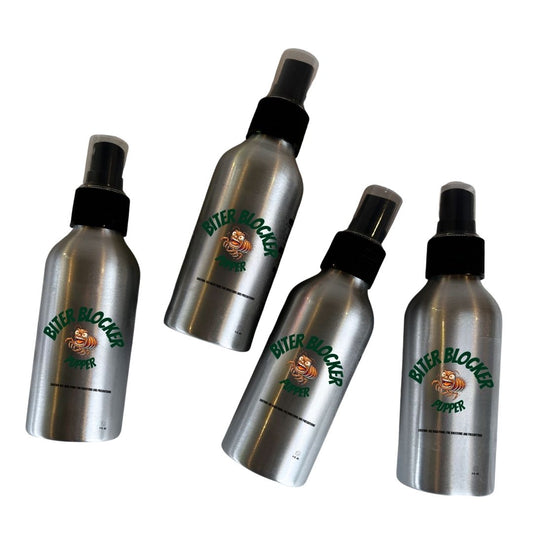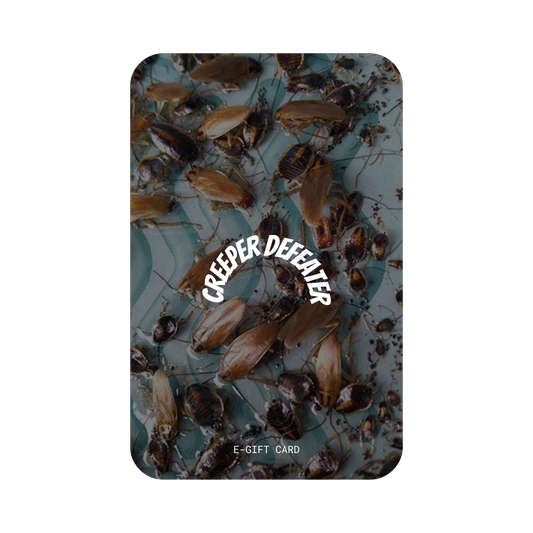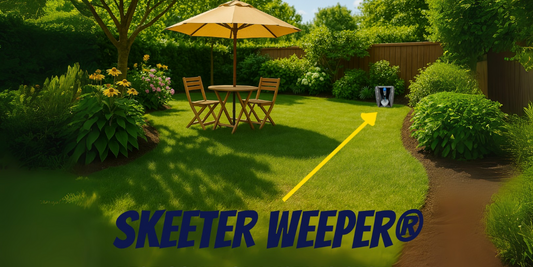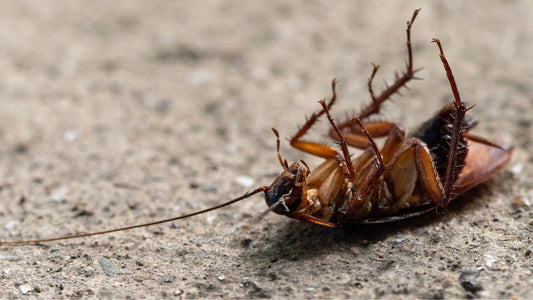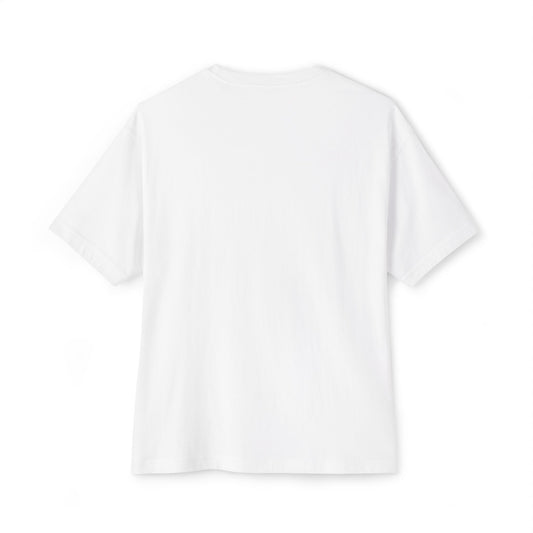
UPDATED LIST OF SOURCES IN CD MAGAZINE ARTICLES
1. Clemson Cooperative Extension. (n.d.). Insecticidal soaps for garden pest control. Retrieved from https://hgic.clemson.edu/factsheet/insecticidal-soaps-for-garden-pest-control/
2. Murugan, K., & Panneerselvam, C. (2022). Effects of frankincense-derived compounds on pest species: Investigating insecticidal activity. Molecules, 27(7), 1911. Retrieved from https://pmc.ncbi.nlm.nih.gov/articles/PMC9583008/
3. Jacksonville Gardening Q&A. (2012). How soaps and oils work to eliminate pests. The Florida Times-Union. Retrieved from https://www.jacksonville.com/story/lifestyle/home-garden/2012/04/26/garden-qa-how-soaps-and-oils-work-eliminate-pests/15868559007/
4. National Center for Biotechnology Information. (2020). Mosquito repellent effects of botanical compounds. Retrieved from https://pubmed.ncbi.nlm.nih.gov/20836800/
5. ECHO Community. (n.d.). Natural plant repellents: A practical guide. Retrieved from https://www.echocommunity.org/en/resources/4c63971d-ef70-47e1-a30e-1b1658dabcb2
6. Dube, P., Sharma, K., & Nirmal, J. (2023). Efficacy of essential oils on pest control and plant protection. Horticulturae, 9(3), 333. https://doi.org/10.3390/horticulturae9030333
7. Taylor & Francis. (2019). Biocontrol research on plant-based oils. Plant Protection Science, 25(3), 351. https://doi.org/10.1080/03235408.2019.1651579
8. National Center for Biotechnology Information. (2015). Plant-based essential oils as eco-friendly mosquito repellents. Retrieved from https://pubmed.ncbi.nlm.nih.gov/24690252/
9. Al-Khateeb, S., & Bassal, M. (2015). Sweet basil and lemon balm as mosquito repellents. Academia.edu. Retrieved from https://www.academia.edu/19604955
10. UC Agriculture and Natural Resources. (2015). Blog post: How insecticidal soaps help reduce pest populations. Retrieved from https://ucanr.edu/blogs/blogcore/postdetail.cfm?postnum=18009
11. Smith, R. T., & Johnson, D. R. (2014). Plant-based insect repellents for mosquito vectors. Journal of Economic Entomology, 107(1), 286. https://doi.org/10.1603/EC13270
12. Lancaster, A. L. (2000). Management of insects and mites on ornamentals using soybean oil (Master's thesis). University of Tennessee. Retrieved from https://trace.tennessee.edu/utk_gradthes/6618/
13. Zhang, M., & Liu, Q. (2023). Plant-based repellents for biological control. Nature Scientific Reports, 12(39898). https://doi.org/10.1038/s41598-023-39898-6
14. Cornell University. (2019). A review of essential oils in pest management. eCommons. Retrieved from https://ecommons.cornell.edu/server/api/core/bitstreams/49df113e-134c-48f4-b908-81e4de417825/content
15. University of Florida IFAS Extension. (2012). Soaps and detergents in pest management: Their eco-friendly impact on pests. Retrieved from https://gardeningsolutions.ifas.ufl.edu/care/pests-and-diseases/pests/management/soaps-detergents-and-pest-management/
16. Attia, S., & Lognay, G. (2020). The insecticidal effects of thyme and eucalyptus essential oils on aphids. Entomology Letters, 11(1), 1-8. Retrieved from https://easletters.com/article/investigating-the-insecticidal-effects-of-two-essential-oils-of-thyme-and-eucalyptus-on-macrosiphom-xpwxuf9ysybvqvr
17. University of Minnesota Extension. (2021). Coming clean: The role of soap in garden pest control. Retrieved from https://extension.umn.edu/yard-and-garden-news/coming-clean-soap-garden
18. Becker, R. (2016). Insecticidal soaps: An eco-friendly method of pest control. University of Missouri IPM Newsletter. Retrieved from https://ipm.missouri.edu/MEG/2016/7/Insecticidal_Soaps_An_Eco-friendly_Method_of_Pest_Control/
19. Smithson, A. P. (2021). The role of plant-based oils in biological control. Journal of Biological Control, 38(2), 211. https://doi.org/10.1016/j.biocontrol.2021.101251
20. Sharma, P., & Singh, K. (2017). The repellent effects of citrus and lemon balm against malaria mosquitoes. Journal of Pest Management Research. Retrieved from https://www.researchgate.net/publication/237594136
21. Whitten, C. (2023). Plants that repel mosquitoes: Essential botanicals for pest control. WebMD. Retrieved from https://www.webmd.com/a-to-z-guides/plants-that-repel-mosquitos
22. Agricultural Research Service, USDA. (2022, February). Pleasant-smelling wood oils for tick control. Retrieved from https://www.ars.usda.gov/news-events/news/research-news/2022/pleasant-smelling-wood-oil-not-so-pleasant-for-biting-ticks-other-pests/
23. National Center for Biotechnology Information. (2023). A comprehensive review of insecticidal plant compounds: Application in pest control. Retrieved from https://pmc.ncbi.nlm.nih.gov/articles/PMC10651685/
24. Wu, L., & Zhao, D. (2018). Efficacy of thyme and eucalyptus oils against aphid populations. Insecticidal Plant Solutions, 22(3), 187. Retrieved from https://pmc.ncbi.nlm.nih.gov/articles/PMC6150358/
25. Gebauer, J., & Luedeling, E. (2022). Ecological implications of buprestid beetles during frankincense resin harvesting. Diversity, 14(1), 58. https://doi.org/10.3390/d14010058
26. Khan, S. R. (2022). Advances in biological control through plant-derived oils. Pest Control Science, 68(4), 421. Retrieved from https://www.sciencedirect.com/science/article/abs/pii/S0048357522001870
27. Cranshaw, W. S. (2015). Insect control: Soaps and detergents for managing garden pests (Fact Sheet No. 5.547). Colorado State University Extension. Retrieved from https://extension.colostate.edu/topic-areas/insects/insect-control-soaps-and-detergents-5-547/

